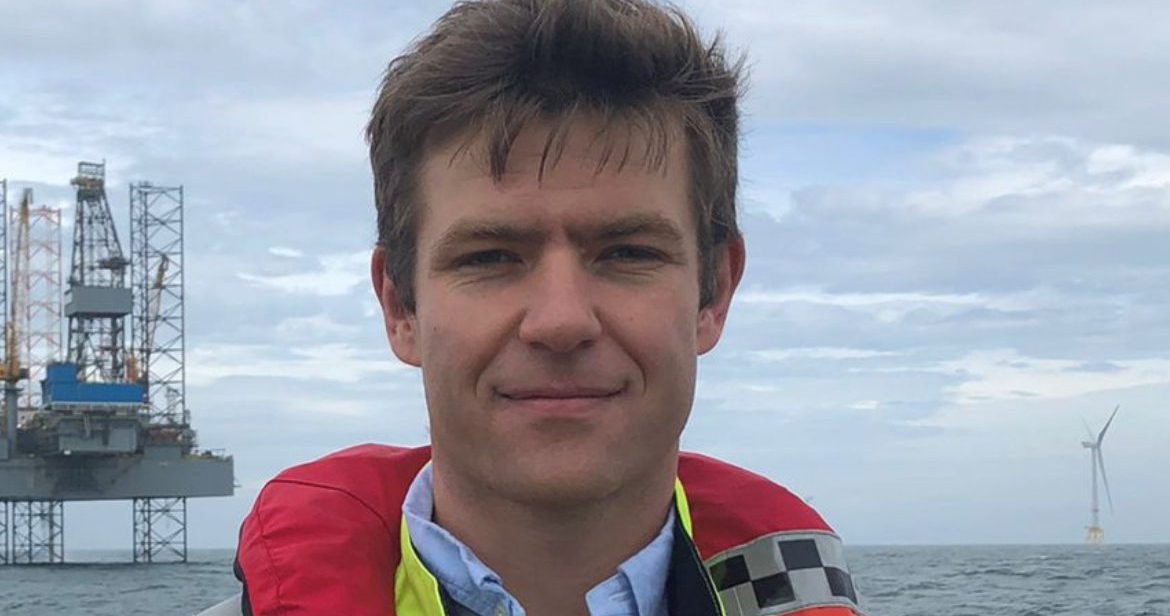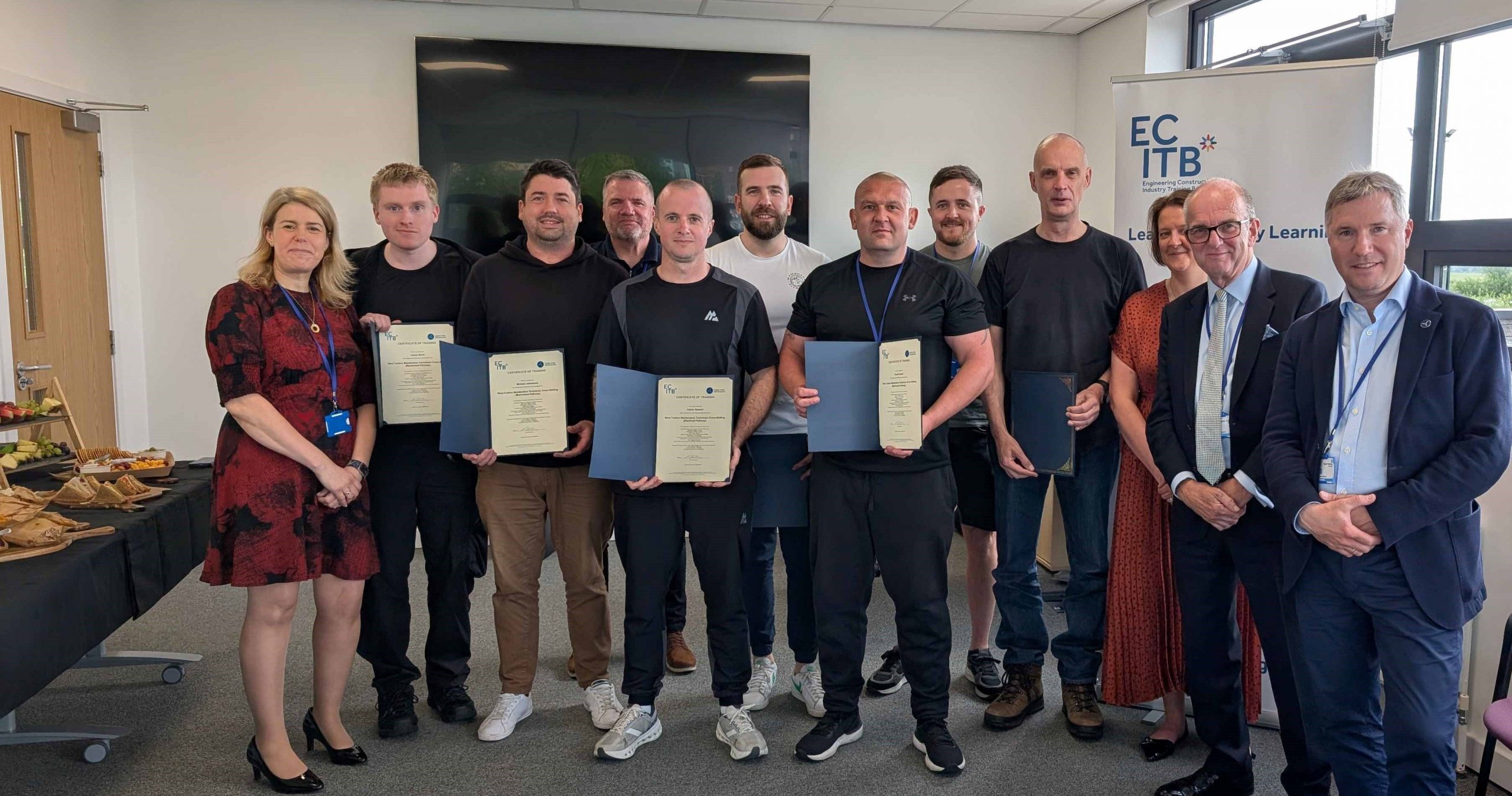“It’s a great opportunity to take the best of an established industry and apply it to a fast-growing sector,” says Harrison Waugh, a project manager who was formerly in oil and gas and now works in the offshore wind sector.
On the back of a story about skills for the energy transition in Materials World Magazine for the Institute of Materials, Minerals and Mining, Harrison (pictured) shared the lessons he has learnt from transferring to the renewables sector from working in oil and gas.
The magazine article, which featured an interview with Engineering Construction Industry Training Board (ECITB) Director of Strategy and Policy David Nash, shone a spotlight on the transferability of skills from the oil and gas industry to sectors linked to the energy transition.
The story – titled ‘Trained and ready for the energy transition?’ – notes that “as energy generation shifts from fossil fuels, a workforce is needed to meet the challenge”.
It says that many oil and gas professionals – both onshore and offshore – are “ready to go” with transferable skills that are in high demand.
Materials World highlights a report on the future of the UK offshore energy workforce from Robert Gordon University in Aberdeen, which is home to an Energy Transition Institute.
That report stated: “In a successful transition, approximately three in five people in the offshore energy workforce are expected to support the renewables industry by 2030, compared to one in five in 2023.
“Over 90% of the UK’s oil and gas workforce possess skills that have medium-to-high transferability to the offshore renewables sector.”
Using lessons learnt in a developing industry
Harrison is an example of a worker that has successfully transitioned their skills from oil and gas to the renewables sector in the engineering construction industry (ECI).
He is now Package Manager at Corio Generation, a specialist offshore wind developer dedicated to harnessing renewable energy.
Harrison was excited to be able to take lessons learnt from the oil and gas industry and deploy them in a developing industry.
“There are many synergies to enable such a transfer of knowledge but also areas of growth and development,” he said.
“I look forward to learning some of the innovative solutions the offshore wind industry is deploying to construct some of the largest projects in the world, whilst also bringing some hard-learnt lessons from the oil and gas sector to help shape future designs and campaigns.
“Knowledge from previous roles has been hugely helpful when facing challenges in my new role. I specialise in engineering and project delivery and found that the processes that underpin such activities are largely common.
“The completed assets may be different, however the processes employed to design and construct are often the same if not very similar.”
Energy transition ‘a great opportunity’
Supporting the industry prepare for the energy transition to net zero is a key part of the ECITB’s Leading Industry Learning Strategy.
The priorities identified in the strategy aim to help industry tackle a looming workforce and skills crisis. The ECITB’s Labour Forecasting Tool forecasts around 40,000 additional workers are needed for major projects, including those related to net zero, by 2028.
To meet the challenges of the energy transition it is essential the UK workforce has the correct skills to take advantage of the jobs which will be created by new projects and initiatives.
The ECITB provides funding to make sure workers in the industry get the training and development needed to support the energy transition.
This includes investing grant in net zero skills training and providing a suite of 50 energy transition-related courses that ECITB-registered companies can access for their workers.
“Looking at the scale of the investment and the real-world build-out of projects to date, there is no doubting that the energy transition is here,” added Harrison.
“It will disrupt and force evolution in a variety of industries adjacent to the energy sector. I personally see this as a great opportunity to embrace the change and find where I can best deploy my skillset and interests to accelerate the transition.
“To facilitate a move into the offshore wind, or similar sector, I recommend researching the industry to provide a foundational understanding of the kind of roles available.
“There are certain areas of renewable industries that are highly specialised, however I would say these roles are in the minority with the large body of project development and delivery exhibiting synergies with other infrastructure sectors.”





